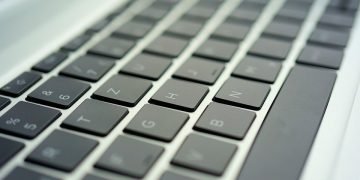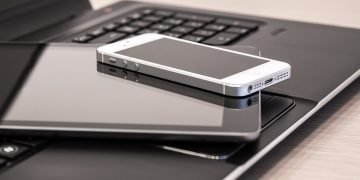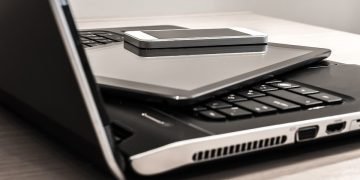In today’s fast-paced digital world, it is easy to become consumed by technology and constantly connected to the online world. While technology has brought many benefits and conveniences to our lives, there is a growing concern about the negative impact it can have on our mental and physical health. This is where the concept of digital detox comes in.
Digital detox refers to taking a break from technology and unplugging from screens such as smartphones, tablets, computers, and televisions. This intentional disconnection allows individuals to focus on real-life interactions, experiences, and activities without the distractions of technology. By taking a step back from the digital world, people can recharge, reset, and rejuvenate their minds and bodies.
The Rise of Digital Detox
In recent years, the concept of digital detox has gained popularity as people become more aware of the negative effects of excessive screen time and constant connectivity. Studies have shown that spending too much time on electronic devices can lead to a variety of health issues, including eye strain, poor posture, disrupted sleep patterns, increased stress levels, and decreased productivity.
The Benefits of Digital Detox
Taking a break from technology and engaging in a digital detox has numerous benefits for both the mind and body. Here are some of the key advantages:
1. Improved mental health: Disconnecting from screens can help reduce anxiety, depression, and feelings of overwhelm. By focusing on real-world activities and interactions, individuals can experience a sense of calm and relaxation.
2. Enhanced productivity: Without the distractions of technology, people can concentrate better on tasks and projects, leading to increased focus and efficiency.
3. Better sleep: The blue light emitted from screens can disrupt the body’s natural sleep-wake cycle, making it difficult to fall asleep. By unplugging before bedtime, individuals can improve their sleep quality and overall health.
4. Stronger relationships: Digital detox allows people to connect with others on a deeper level through face-to-face interactions, creating stronger bonds and fostering meaningful relationships.
5. Increased creativity: By stepping away from screens, individuals can tap into their creativity and imagination, leading to new ideas and innovative solutions.
Tips for a Successful Digital Detox
If you are interested in reaping the benefits of a digital detox, here are some tips to help you unplug and thrive:
1. Set boundaries: Establish specific times or areas in your home where technology is off-limits, such as during meals or before bedtime.
2. Engage in offline activities: Fill your free time with activities that do not involve screens, such as reading a book, going for a walk, or spending time with loved ones.
3. Practice mindfulness: Take the time to be present in the moment and appreciate the world around you without the distractions of technology.
4. Limit social media use: Reduce the time spent on social media platforms and be mindful of how it affects your mood and self-esteem.
5. Create a tech-free zone: Designate a space in your home where technology is not allowed, such as the bedroom or dining room.
Common Questions About Digital Detox
1. How long should a digital detox last?
The duration of a digital detox can vary depending on individual needs and goals. Some people may benefit from a weekend unplugged, while others may find value in a week-long break from technology.
2. What should I do during a digital detox?
Engage in activities that bring you joy and relaxation, such as reading, exercising, spending time outdoors, and connecting with friends and family.
3. Will I miss out on important information by unplugging?
While it is important to stay informed, constant connectivity can lead to information overload and stress. Set boundaries for when and how you consume news and information.
4. How can I maintain a balance between technology use and digital detox?
Find a balance that works for you by setting limits on screen time, practicing mindfulness, and prioritizing real-life experiences and relationships.
Conclusion
Unplugging from technology and engaging in a digital detox can have a positive impact on your mental and physical health. By taking the time to disconnect from screens and focus on real-life interactions and experiences, you can recharge, reset, and rejuvenate your mind and body. Incorporate digital detox into your routine regularly to experience the numerous benefits it has to offer. Remember to set boundaries, engage in offline activities, practice mindfulness, limit social media use, and create tech-free zones to maintain a healthy relationship with technology. Embrace the power of digital detox for a healthier mind and body, and thrive in a more balanced and connected world.
















































